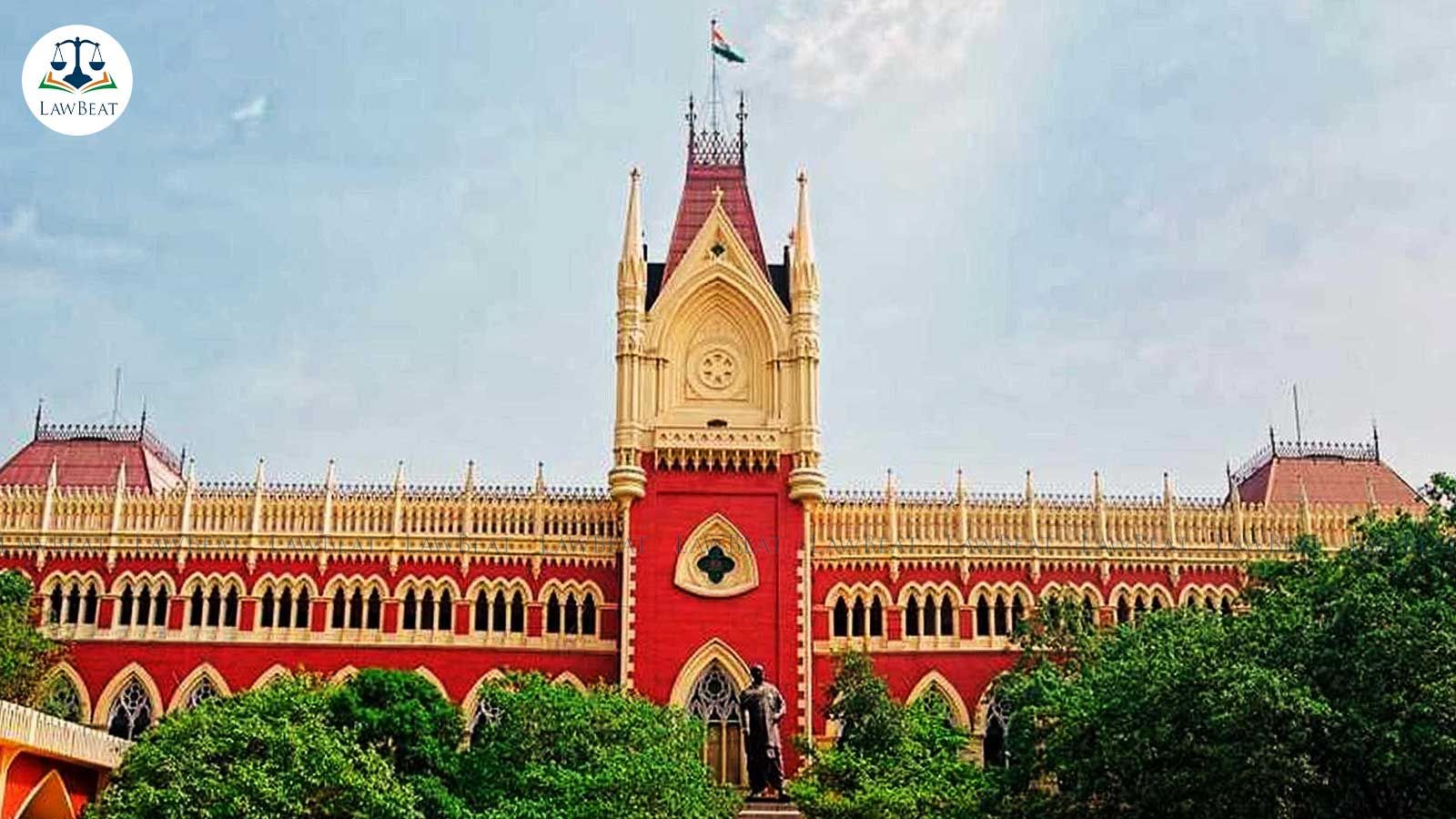Calcutta HC Commutes Death Sentence To Life Imprisonment In Double Murder Case

Court commuted the death penalty and awarded the convict life imprisonment without remission.
The Calcutta High Court on Wednesday commuted the death sentence imposed by the lower court upon a convict in a double murder case to life imprisonment without remission for a period of 40 years from the date of the offence.
The division judge bench of Justices Debangsu Basak and Md. Shabbar Rashidi observed, “The trial court Sealdah, South 24 Parganas had awarded the death penalty to the accused but in our view interest of justice will be subserved by commuting the death penalty of Satya Saha (convict no.2) to a life sentence without remission for a period of 40 years from the date of the commission of the offence".
Background:
On December 14, 2008, police received information from a person (who later became a prosecution witness) that he saw 2 legs of a child which came out of a bag lying beside the banks of a canal. On the basis of such information, police reached the place and found the dead body of a child aged about 1 ½ years with the mouth of the child tied with a napkin. Police filed an FIR under Sections 302/201/34 of the Indian Penal Code, 1860.
On the same day, another written complaint was filed under Sections 302/201/34 of the Indian Penal Code, 1860. It was stated that a sack was lying on the wetland and some portion of the sack was wet with blood. Later, it was found that the other dead body was of the mother of the dead child.
Court framed charges under Sections 302/201/34 of the Indian Penal Code, 1860 against two accused persons. In 2008, the trial court found the two accused guilty of murdering the infant and the child's mother.
In February 2020, the trial court convicted and sentenced Nandita Saha to life imprisonment and sentenced Satya Saha to the death penalty.
"Satya Saha be hanged by the neck until he is dead for crimes punishable under Section 302 (Punishment for Murder), Section 201 (Causing disappearance of evidence of offence or giving false information to screen offender), and Section 34 (Acts done in furtherance of a common intention by several persons)," the trial court directed.
Subsequently, both the convicts preferred an appeal against the impugned judgement of conviction and the order of sentence before the high court.
Observations by the high court:
The high court noted that while making the death sentence reference, the trial court had considered the brutality of the crime, the number of victims, murder of a 1-year-old child and its mother, and the helplessness of the victims and had determined that death punishment was an appropriate sentence for Satya Saha.
The court noted that the trial judge, however, did not go through the process of determining whether the convicts was beyond rehabilitation.
The court relied upon the case of Rajesh Kumar vs. State 2011 and observed that in the case at hand, there was no material to show that the convict was beyond reformation and rehabilitation.
Court also ruled that the possibility of Satya Saha (convict No. 2) receiving a life sentence for the crime he committed was not precluded.
It also cited the Supreme Court's ruling in Union of India v. Sriharan @ Murugan (2016) that a Constitutional Court can impose a sentence of life imprisonment without the possibility of remission for a specified period.
"In the present case, a 1.5-year-old child was murdered by the convicted offender. Along with the infant, the child's mother was also murdered. Both the mother and the infant had been defenseless against the criminals. They had murdered the two victims for property-related gains. The learned trial judge had taken this into account when he sentenced the second defendant to death", the court noted.
Accordingly, the high court commuted the death penalty of convict No. 2 to a life sentence without remission for a period of 40 years from the date of the commission of the offence.
Case Title: The State of West Bengal vs. Nandita Saha @ Mou & Anr.
Statute: The Indian Penal Code 1860
